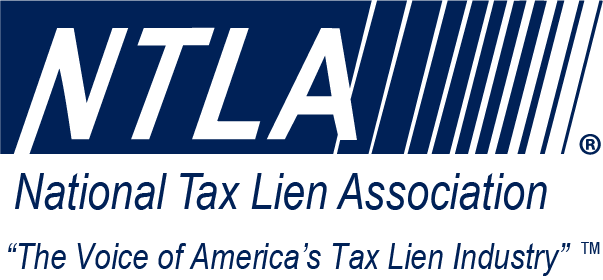National Tax Lien Association Warns of Negative Impact from Ohio Sub. S.B. No. 206 on Local Governments and Taxpayers

National Tax Lien Association Warns of Negative Impact from Ohio Sub. S.B. No. 206 on Local Governments and Taxpayers
Proposed Ohio legislation threatens tax lien sales, risking vital county revenues and public services. NTLA urges lawmakers to reconsider Sub. S.B. No. 206.
The National Tax Lien Association (NTLA) is urging lawmakers to reconsider Ohio Senate Bill 206 (Sub. S.B. No. 206), a piece of proposed legislation that could have significant negative consequences for Ohio’s county treasurers, taxpayers, and the vital public services funded through the sale of tax liens. The NTLA warns that this bill could severely disrupt the real estate tax lien market, making it difficult—if not impossible—for counties to sell their tax liens. This disruption would result in substantial financial shortfalls for local governments and jeopardize their ability to fund essential public services.
Impact on Tax Lien Purchasers and County Treasurers
Currently, county treasurers in Ohio sell real estate tax liens to investors as part of an effective system that allows local governments to collect overdue taxes. Investors purchase these liens with the assurance that they hold a statutory first lien on the property, meaning their claim takes priority over other junior liens, such as mortgages or judgment liens. In exchange for their investment, lien holders earn interest and, if the lien remains unpaid, may eventually foreclose on the property. This system ensures a reliable stream of revenue for local governments, enabling them to fund critical services like schools, emergency services, public safety, libraries, and more.
Sub. S.B. No. 206 proposes significant changes to this process. Under the proposed bill, tax lien purchasers would be required to offer a “right of first refusal” to junior lienholders, such as mortgage holders, within 90 days of purchasing the lien. This mandate would compel tax certificate purchasers to send a certified notice to junior lienholders and offer to sell the tax certificate for the amount they paid, along with the associated costs of notice and recording. Additionally, purchasers would need to conduct title work to identify junior lienholders, further increasing their expenses. These costs would not be reimbursed, nor would purchasers receive compensation for lost interest income.
More concerning, if a junior lienholder exercises their right of first refusal, they would essentially be able to retain their first lien priority, undermining the entire premise of the tax lien system. Banks already have the ability to pay overdue taxes to prevent foreclosure, making this new requirement unnecessary and likely to deter investors from participating in Ohio’s tax lien market.
A Threat to County Revenue and Public Services
The NTLA is deeply concerned that if this bill becomes law, county treasurers will struggle to sell their delinquent real estate taxes, resulting in a substantial shortfall in county revenues. Such a revenue loss could jeopardize funding for essential local services, including schools, emergency medical services, police, fire departments, and public libraries—services that are already under financial strain. Without the sale of tax liens to investors, counties would be forced to turn to alternative, less efficient methods of collecting overdue taxes, potentially increasing the burden on both taxpayers and government resources.
Benefits of the Current System
Under the current tax lien system, county treasurers benefit from the sale of tax liens, which provides immediate revenue to fund vital public services. By selling tax liens to investors, counties can ensure that outstanding taxes are collected, while offering tax lien purchasers a reliable and predictable return on investment. The statutory first lien status gives investors confidence, knowing that their interest takes priority over other claims, and they are incentivized to participate in the tax lien auctions. This creates a win-win situation: counties receive critical funding, taxpayers' debts are addressed, and investors can earn a return on their investment.
Conclusion
The National Tax Lien Association strongly urges Ohio lawmakers to reconsider the passage of Sub. S.B. No. 206. The proposed changes to the real estate tax lien system could have devastating consequences for Ohio counties, local governments, and taxpayers. If passed, this bill would make it more difficult for counties to sell tax liens, depriving communities of vital public services and creating financial instability in already struggling regions. The current system has proven to be beneficial for both local governments and investors, and any changes should prioritize the continued ability of Ohio’s counties to fund essential services without disrupting the tax lien market.
The NTLA calls on Ohio’s legislators to protect the interests of taxpayers and local governments by opposing this harmful legislation.
For more information, please contact:
Brad Westover
Executive Director
National Tax Lien Association
bpwestover@ntla.org
561-449-2484
Additional Info
Media Contact : Brad Westover | info@ntla.org | 561-449-2484
Related Links : https://www.ntla.org/assets/pdf/sb206_04_PH/
Source : National Tax Lien Association
